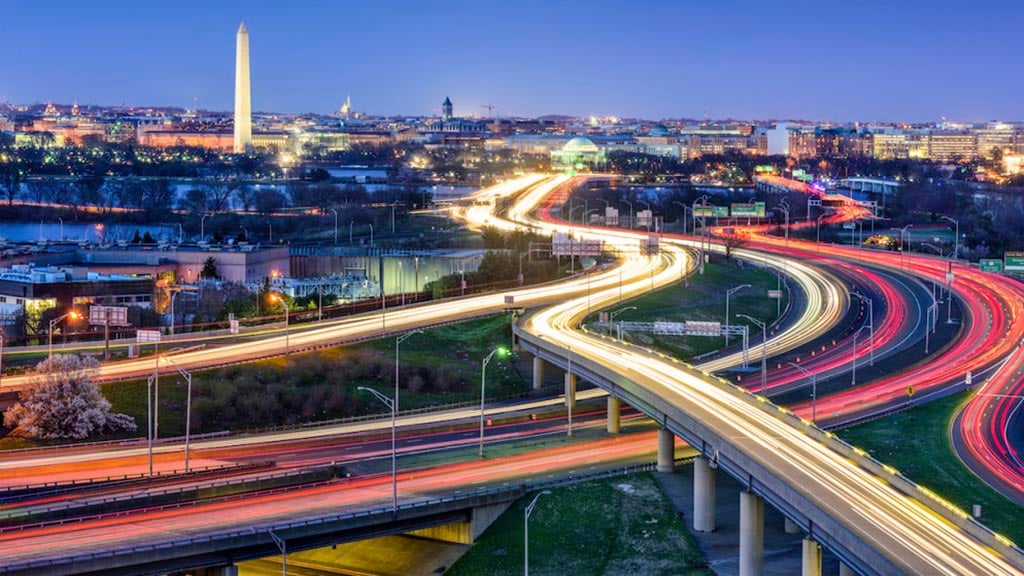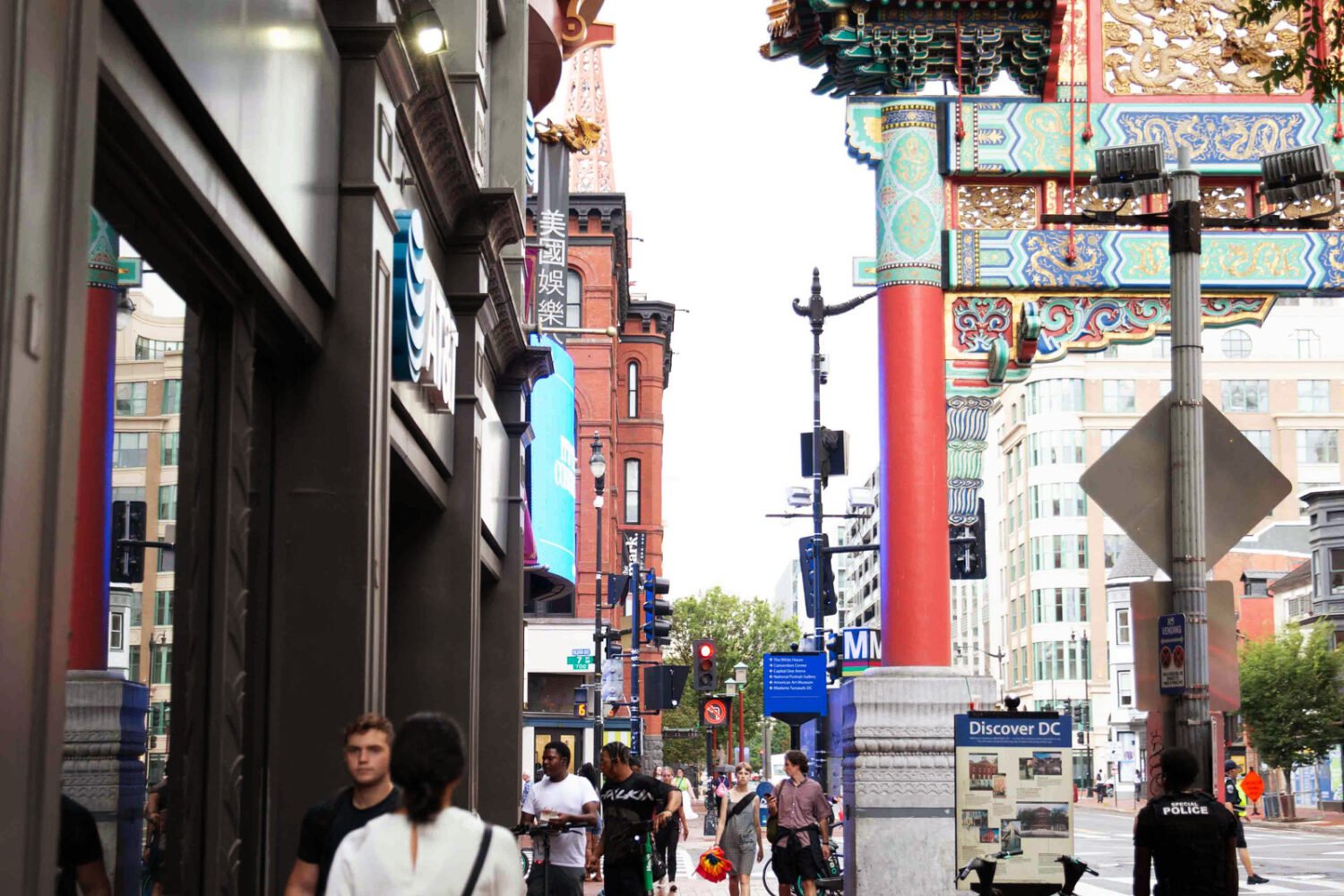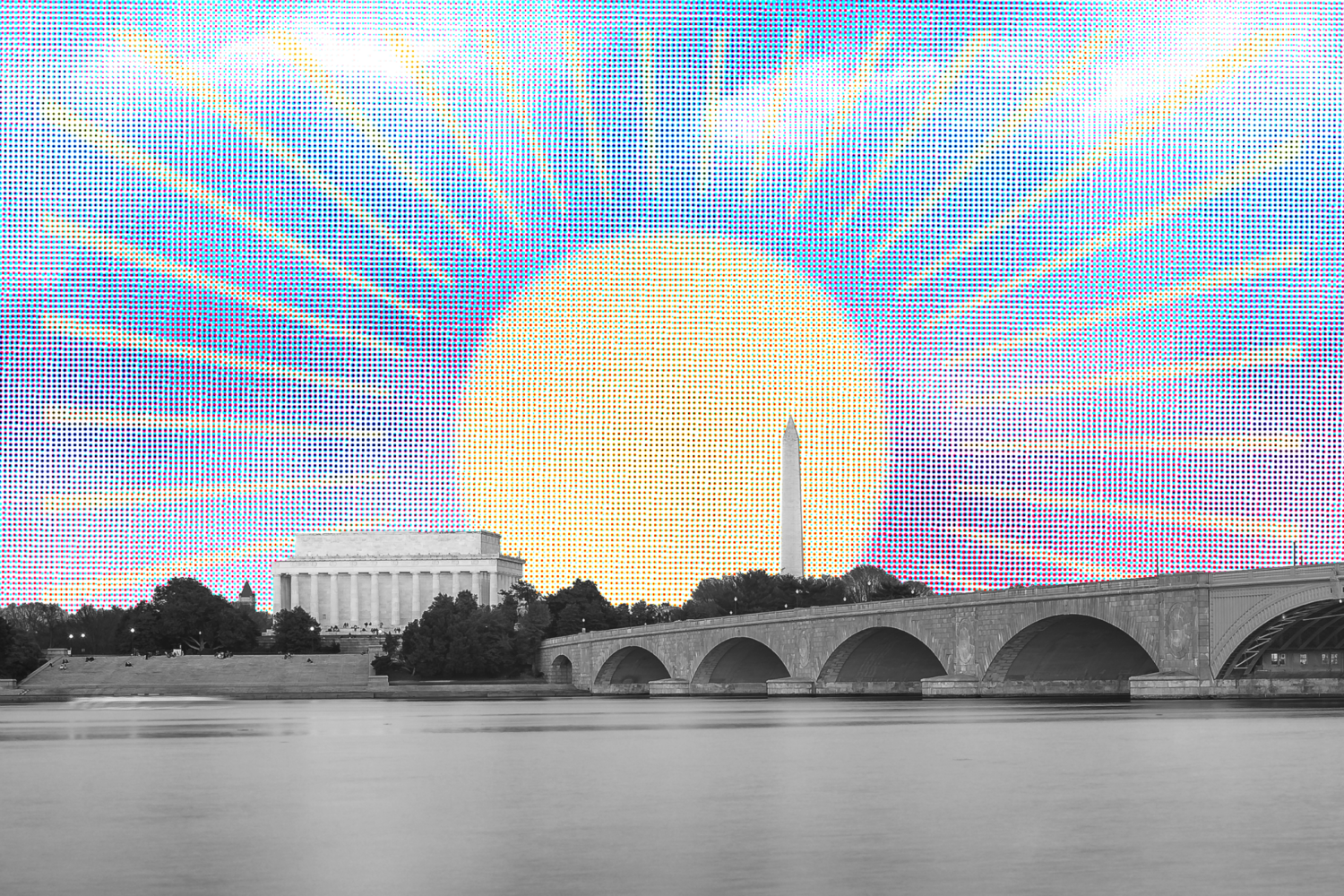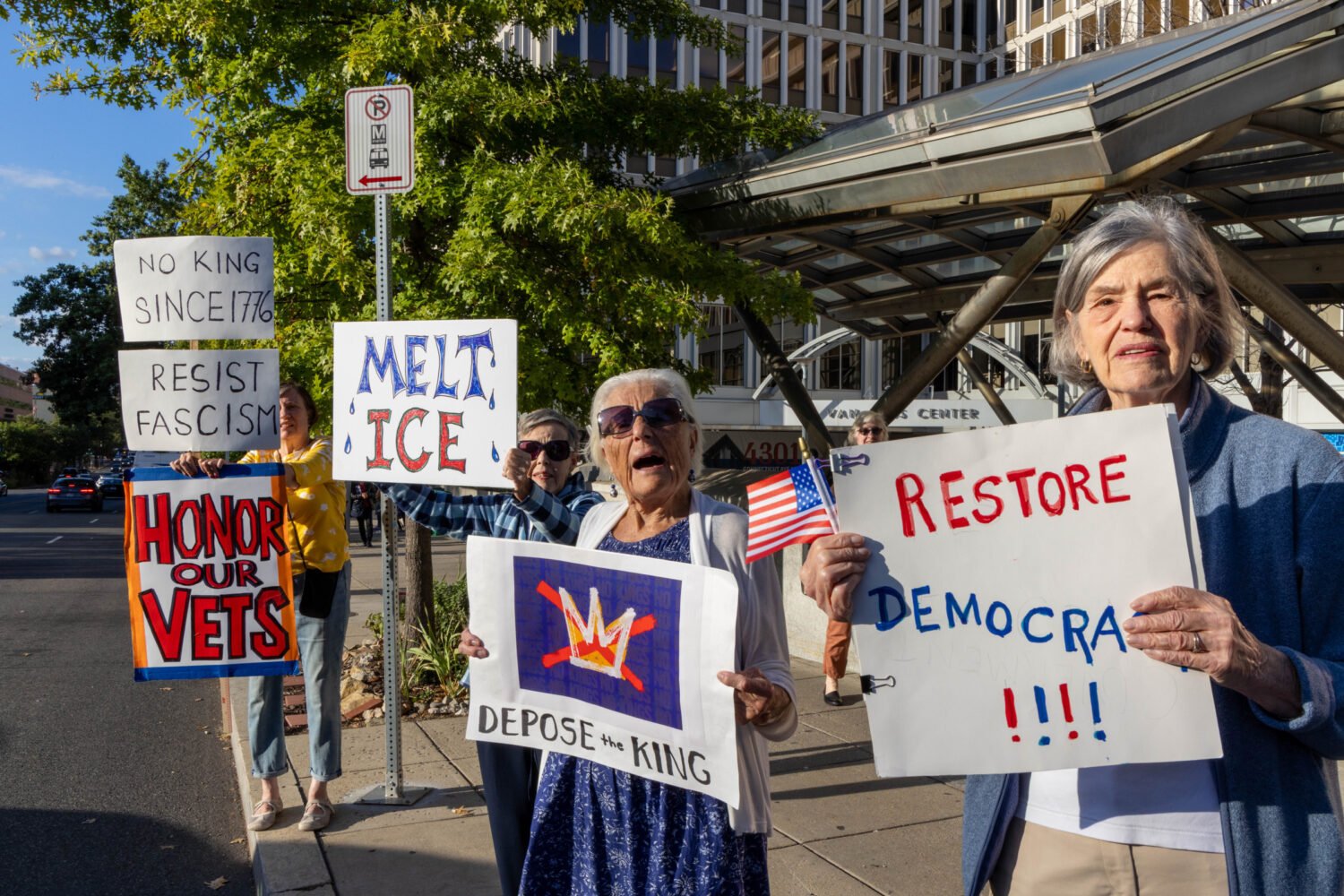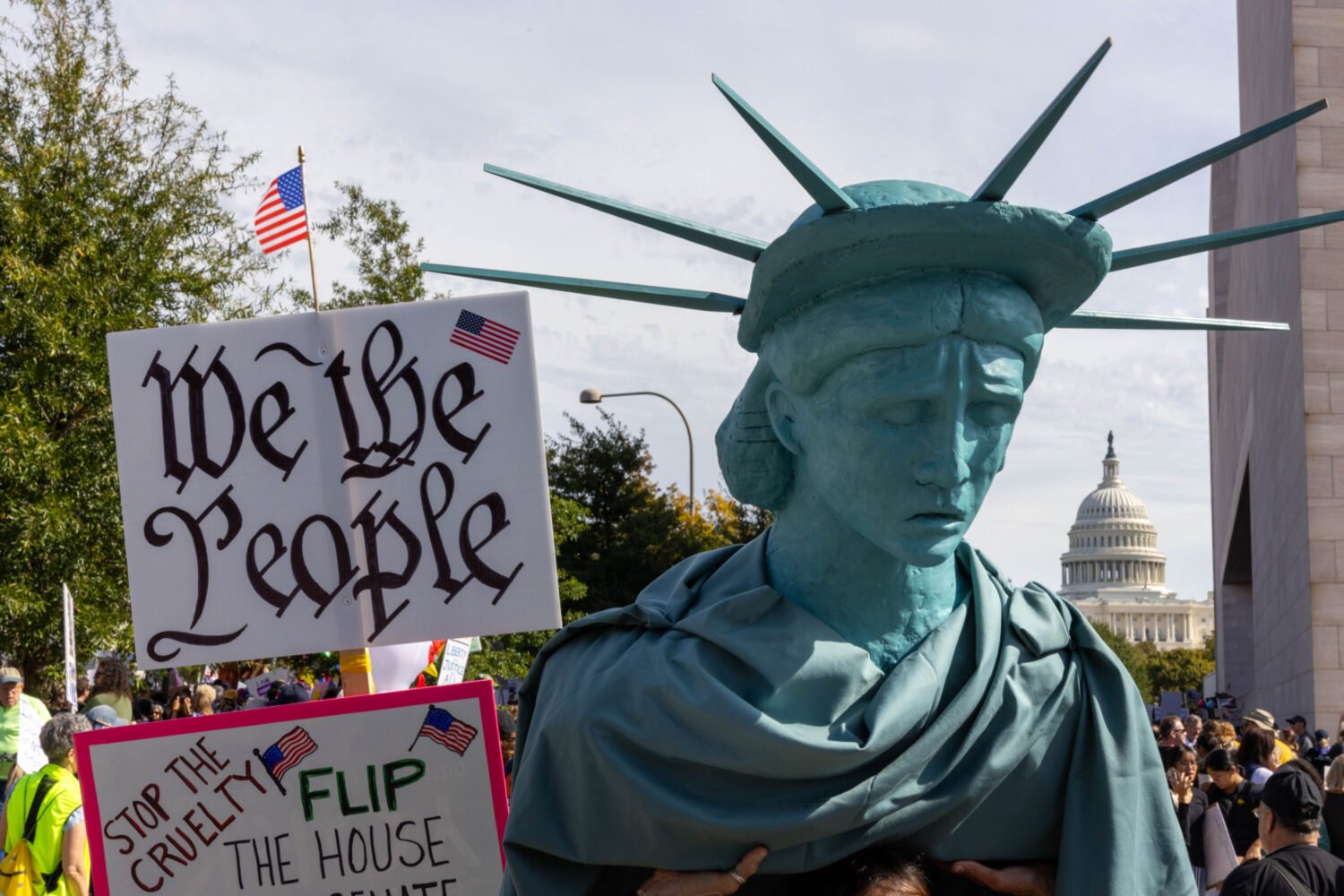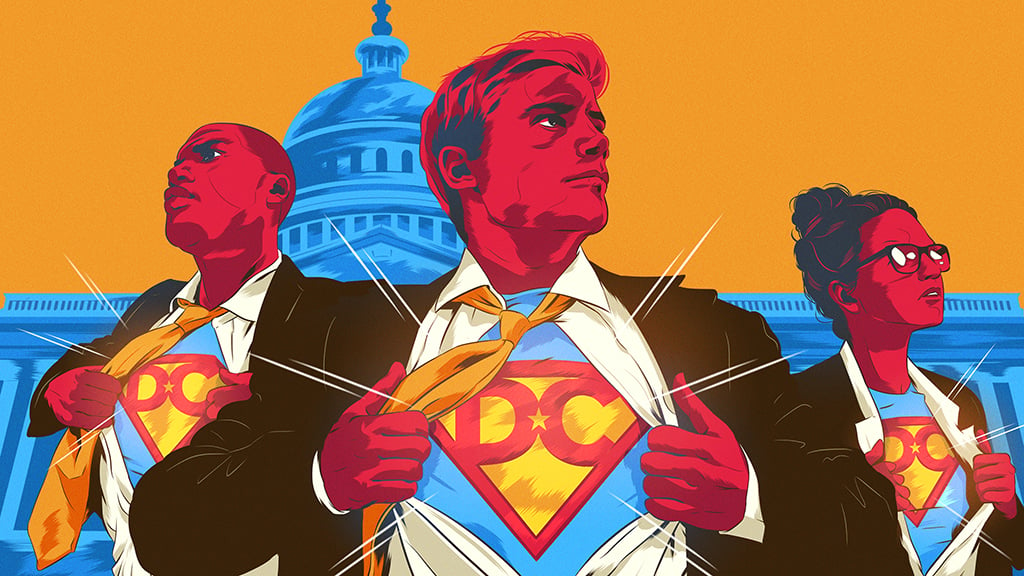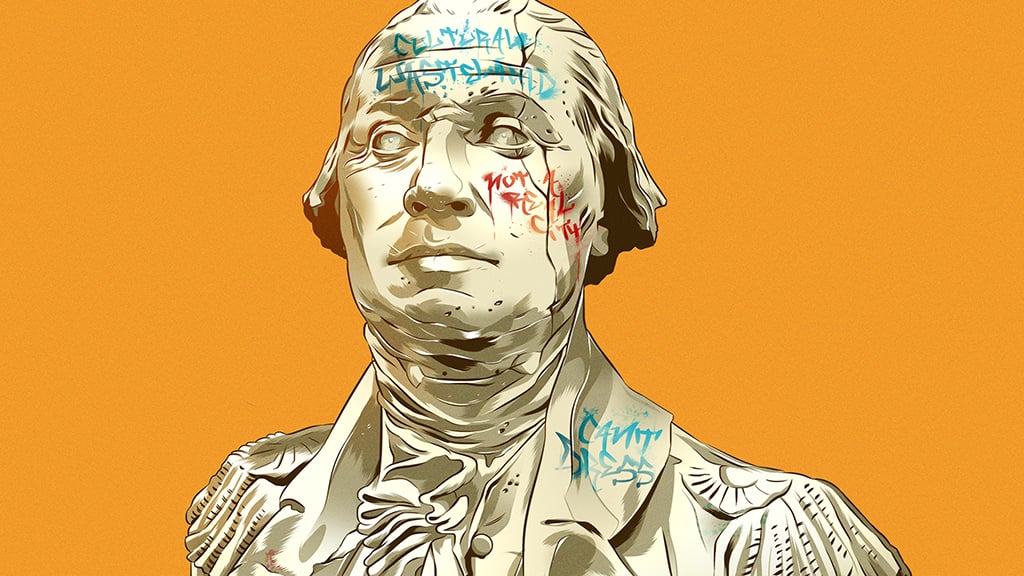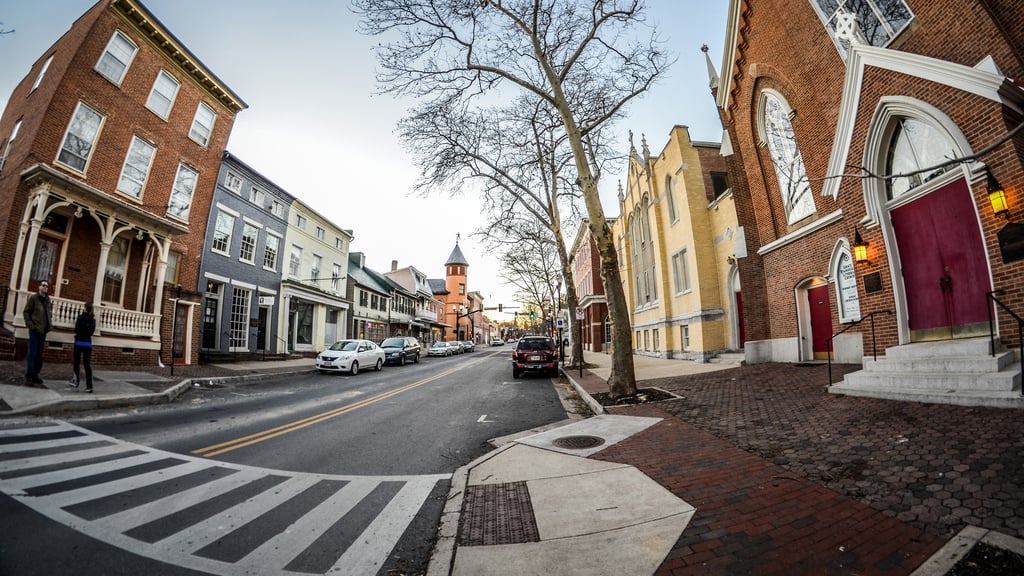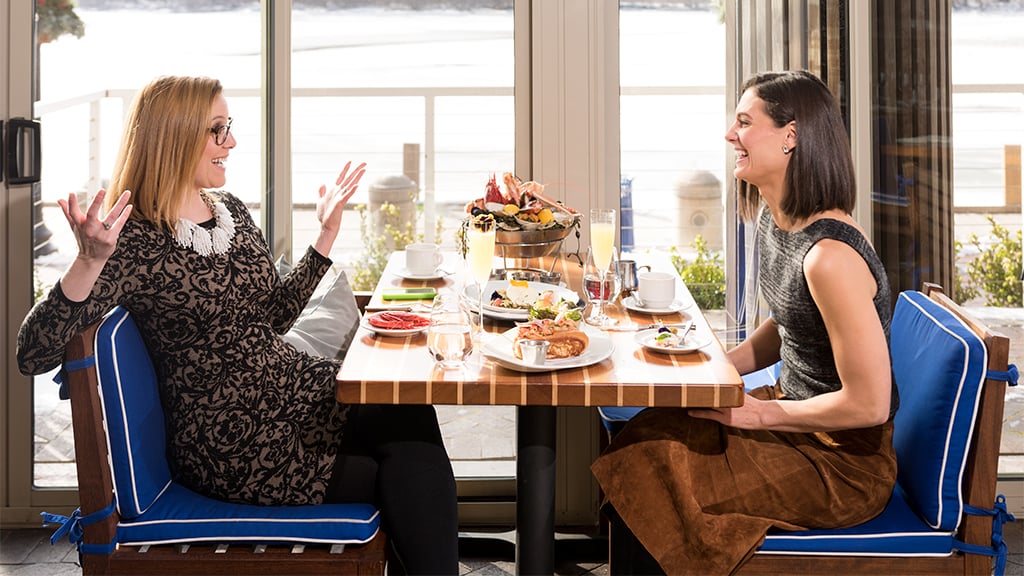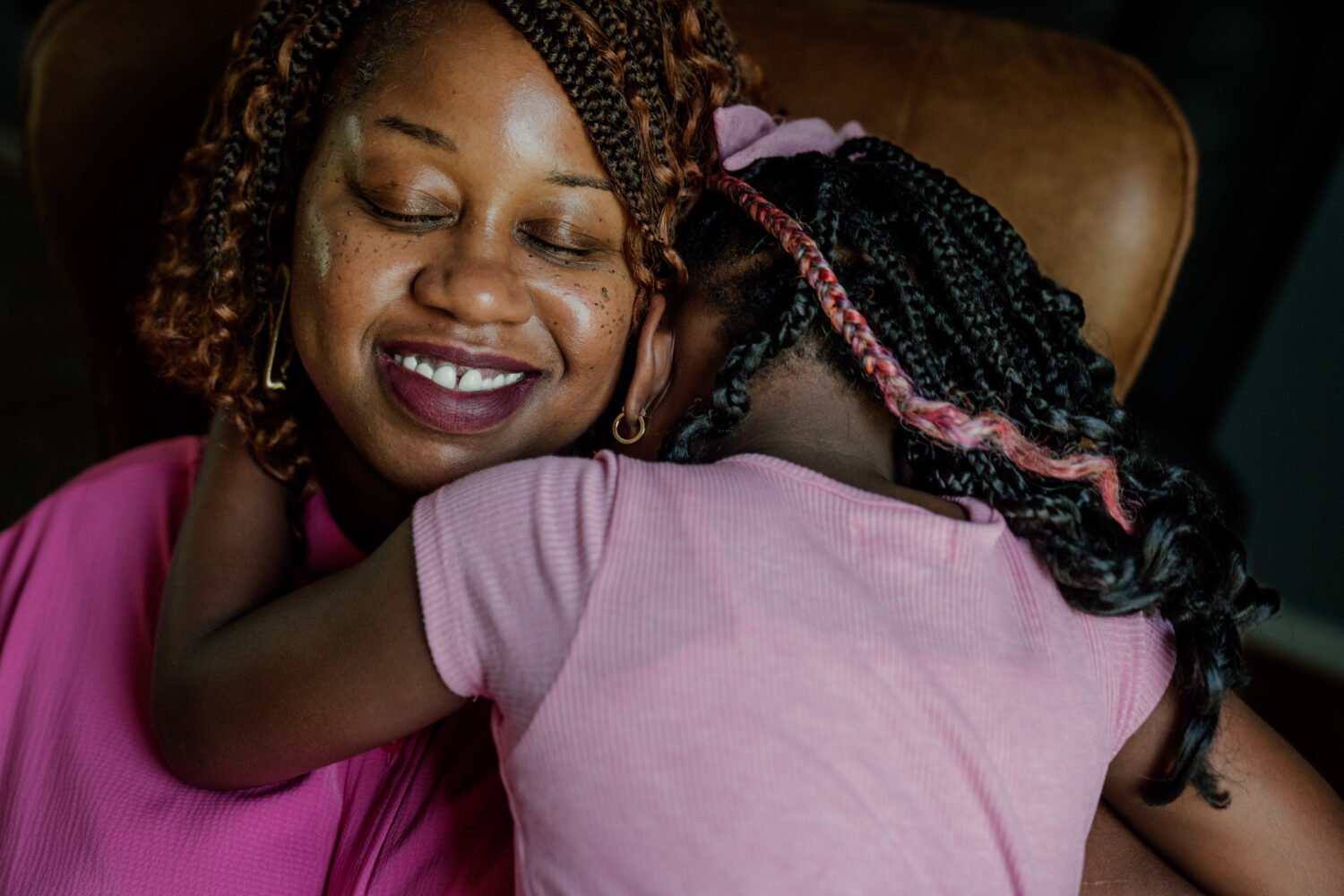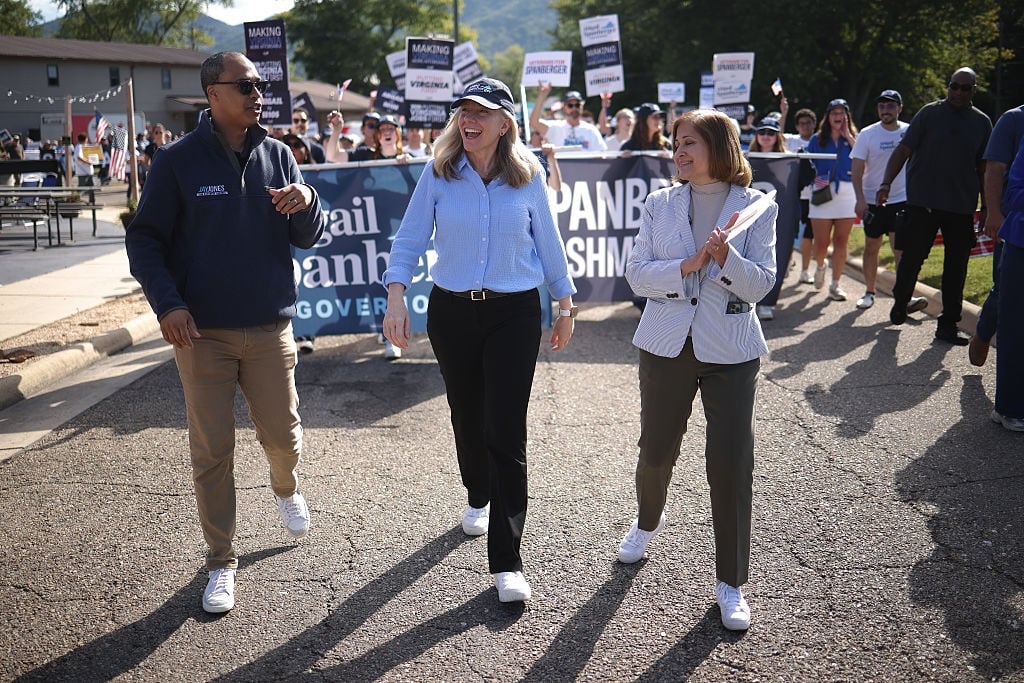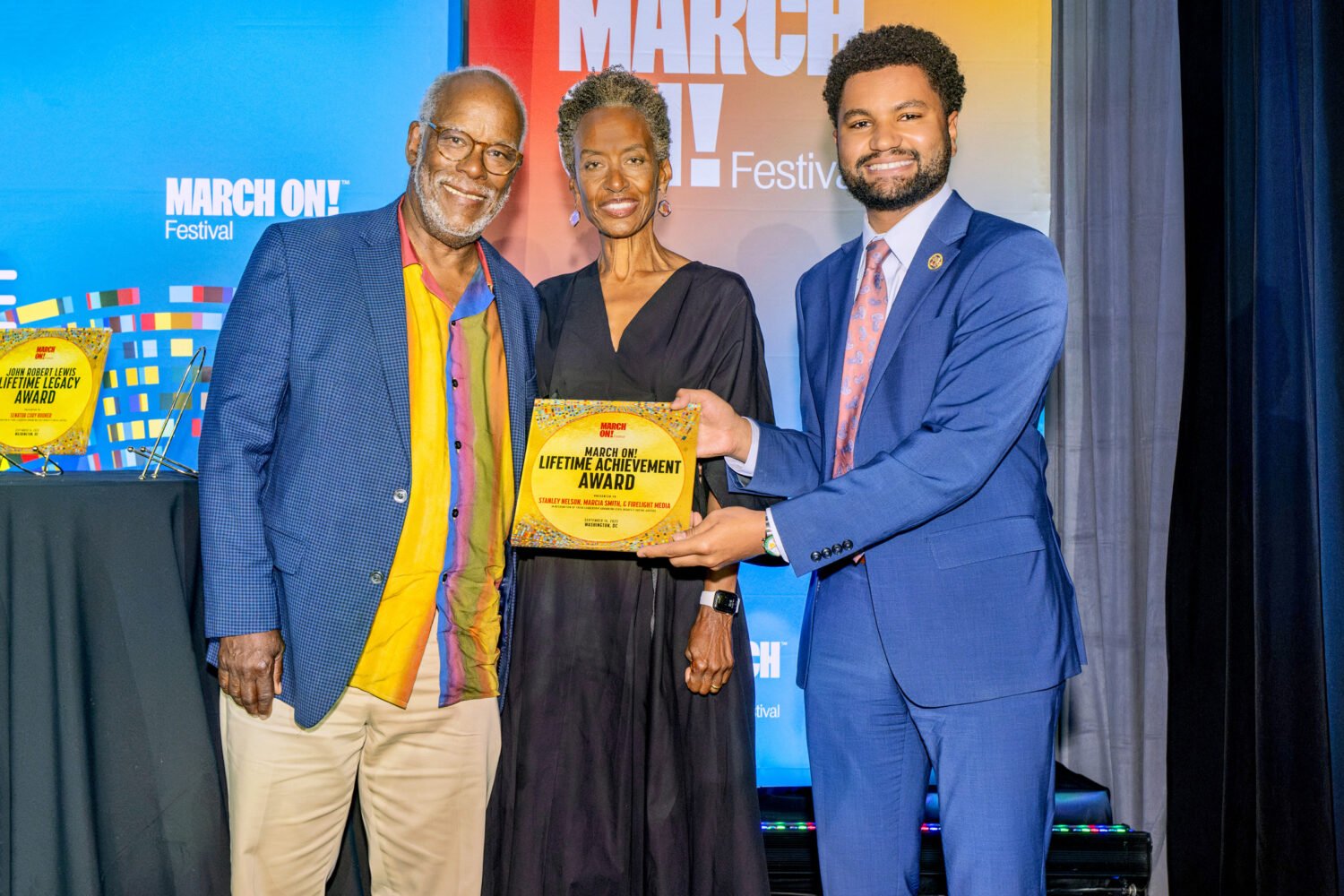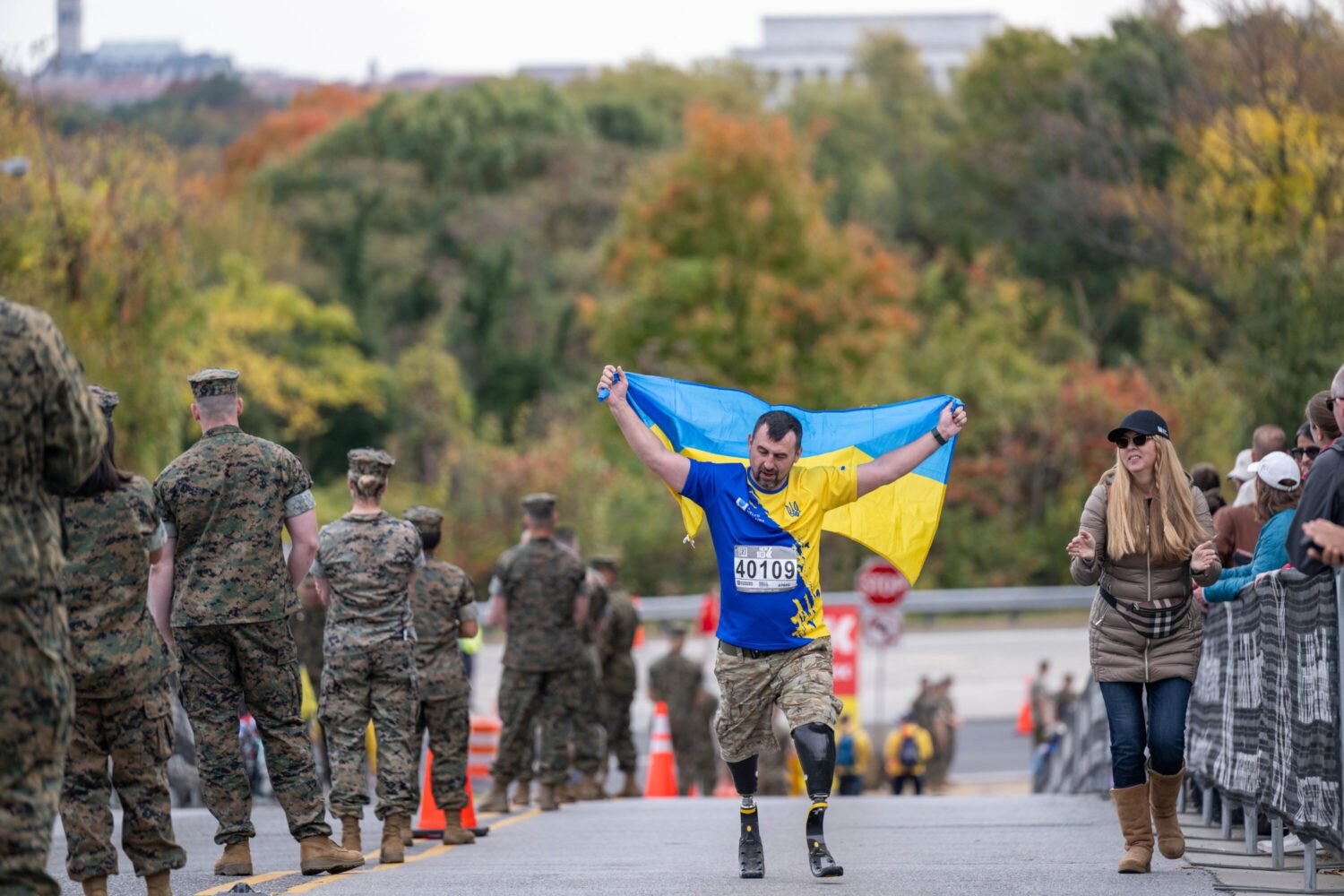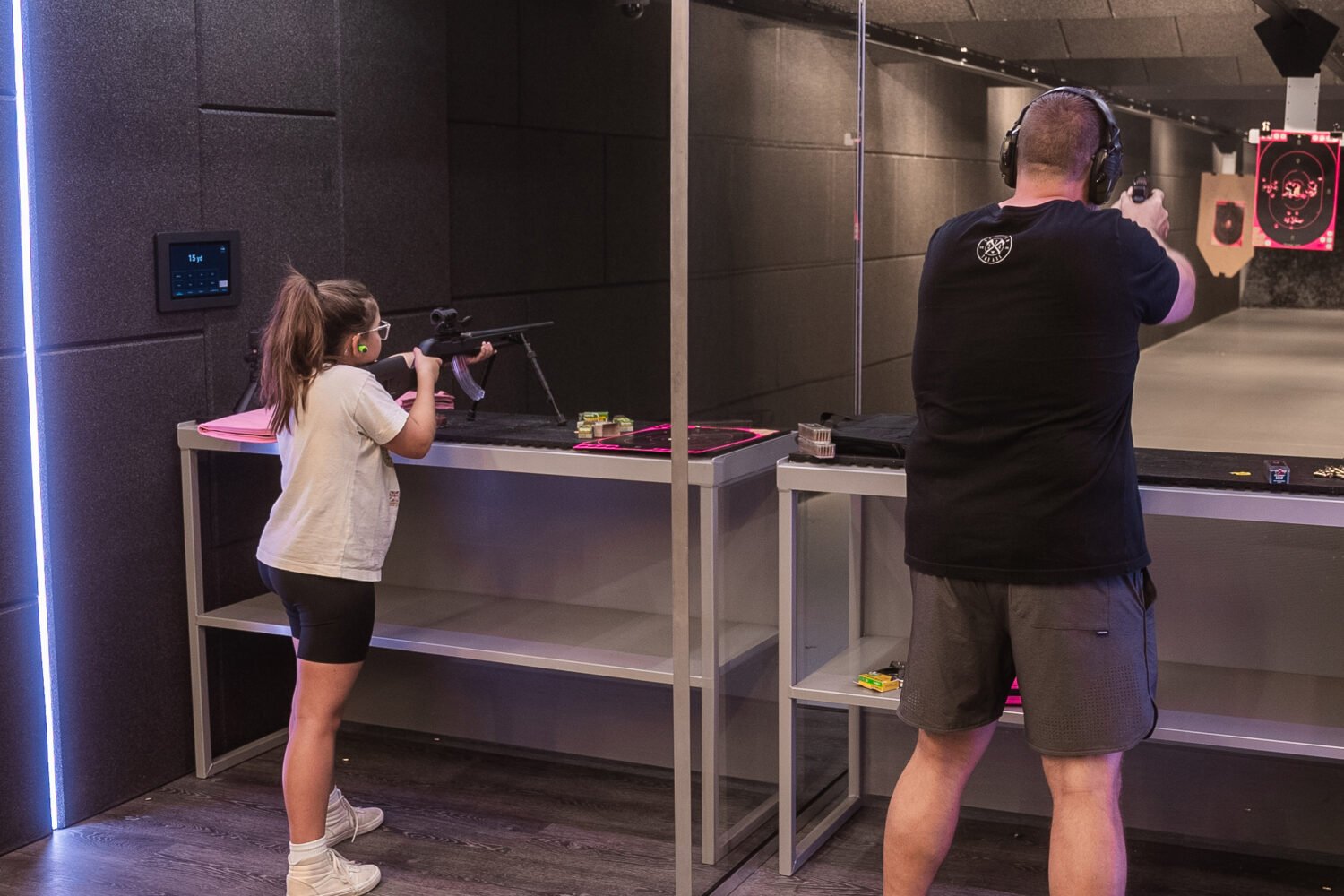The Charge: We’re hopelessly polarized.
The Defense: No, you are.
As the haters tell it, Washington is the root of all political polarization—a town riven and defined by its toxic tribalism: Conservatives holed up in this steakhouse, liberals in that wine bar, and never the twain shall meet. No wonder nothing meaningful ever gets done, right?
Bollocks. Unlike much of the nation, Washingtonians don’t have the practical option of shunning the other team, because we all work, play, and live smooshed right up next to one another.
Yes, the current political climate is less conducive to across-the-aisle schmoozing and deal-cutting. But if you’re wondering whom to blame for, say, the House Freedom Caucus’s compromise-is-for-traitors philosophy of governing, don’t look at Washington. Look at the voters back in the ideologically homogeneous districts who dispatched these partisan kamikazes.
For years now, myriad forces have been sorting the United States into a patchwork of politically segregated enclaves where like-minded denizens need never encounter anyone with an opposing viewpoint. I have many lovely friends from points north who can’t fathom the existence of Paul Ryan, much less Ted Cruz. Certainly no one they know has ever voted Republican. Likewise, plenty of my Deep South kin regard Democrats as exotic, vaguely ridiculous creatures akin to pygmy marmosets or spider monkeys. You think Fox News is a conservative echo chamber? Try holidays with my family.
This sort of insularity can’t hold if you live in Washington very long. No matter how blood-red or true-blue your immediate orbit, at some point you’ll find yourself up close and personal with members of the other tribe. You’ll be seated next to them at dinner parties and policy conferences and in the greenroom at CNN. You’ll bump into them at the kids’ soccer games or standing in line at Georgetown Cupcake. At some point, you’ll be introduced at one of Juleanna Glover’s soirees.
And, inevitably, you’ll talk—maybe about nothing much deeper than Netflix or vacation plans or José Andrés’s newest culinary venture. Even so, you’ll come to know and like at least a few members of the opposition. You’ll discover things you have in common: a dislike of FroYo, an addiction to House of Cards, an abiding faith that someday the Nationals will go all the way. Equally crucial, you’ll realize that, even on matters where you differ—discussion of which you may diplomatically opt to avoid—it isn’t because the other person is evil or stupid. This may sound like a thuddingly obvious epiphany, but in today’s fractured political landscape, it’s an increasingly rare one.
So I’d like to extend an invitation to the rest of America: Come to Washington. Stay a while. Mingle with the enemy. People here often disagree, at times passionately. But by necessity, we’ve learned to live with—and talk with—one another. It’s no bipartisan paradise, but it’s a start.
Michelle Cottle (@mcottle on Twitter) is a contributing editor at the Atlantic.
This article appears in our Defense of Washington feature in the March 2016 issue of Washingtonian.

